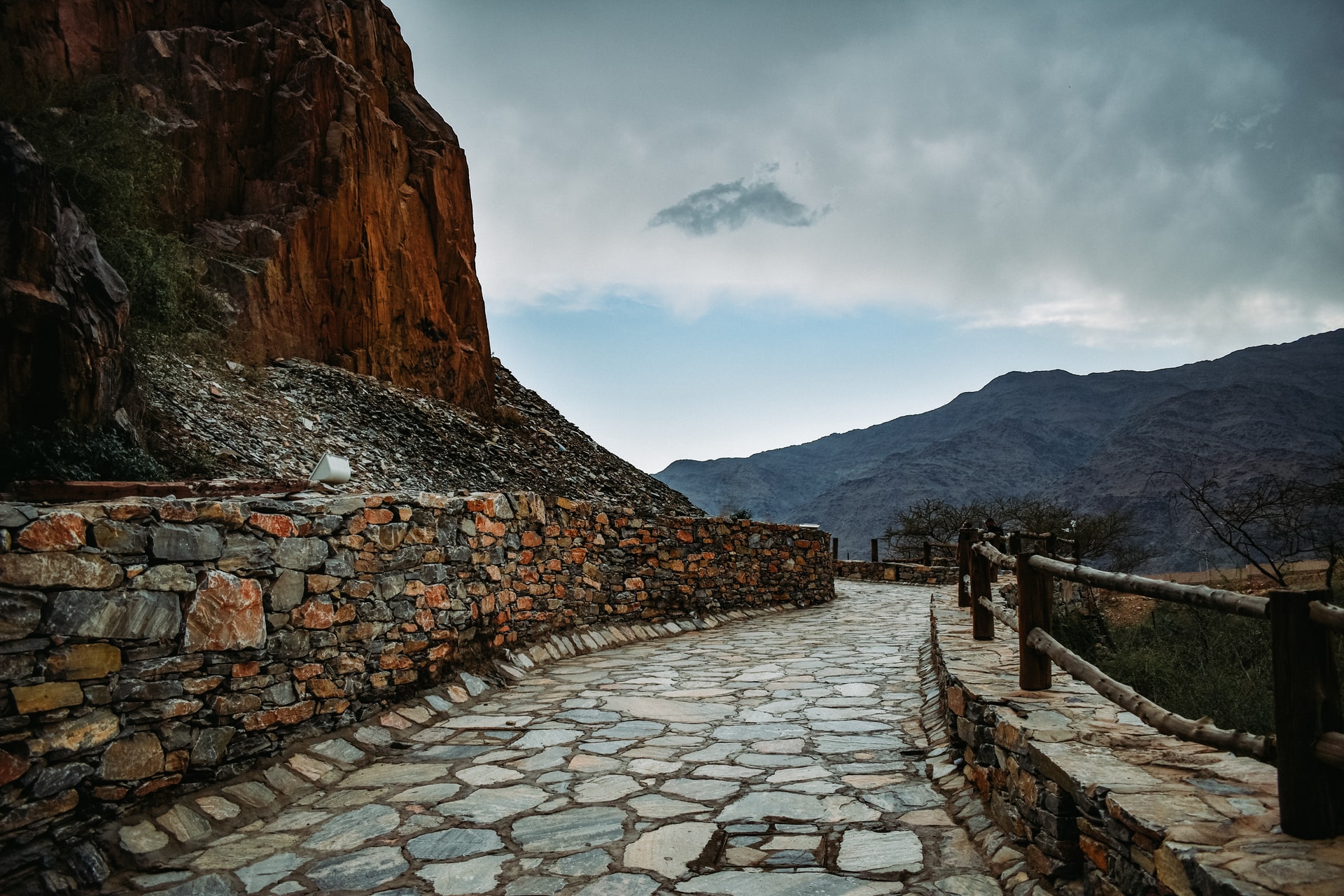On Cities
After Heshinia wrote On Kings, arguing for patriarchal monarchy as the ideal social structure for Mashendian city-states, a married couple named Krijha and Aronma wrote their response: On Cities (Sto Bantafe). In it, they argue against monarchy, and for oligarchy and gender equality. On Cities became one of the most influential works of philosophy in Nerasia, affecting culture and politics in Mashendia especially for centuries to come.
Document Structure
Clauses
The book is divided into the following sections, following a close structure to On Kings and directly countering its main points.
Happiness
Krijha and Aronma mock Heshinia's "fantastical delusion" that citizens are happier under a king, giving examples of cruel kings throughout history and the current age. The authors counter that rather than love, citizens primarily feel fear of their monarchs, and express a false love as a sign of loyalty. Those who do truly love their kings love them only because they are good, and because good kings are in the minority, rather than the majority. Such citizens experience the joy of relief and respite, grateful their current ruler is not cruel, but never wait long before another bad king comes along. In contrast, the authors add, people are happiest when they are well taken care of, have nothing to fear, and are able to do satisfying work. Oligarchies, they assert, take better care of their people, and are less likely to exploit them than kings. Furthermore, under strict divisions of gender, many individuals are robbed of the work that bring them each the most satisfaction.Glory
Krijha and Aronma assert that glory comes from the accomplishments of a city, not its leaders; that wealth, art, and heroic stories fill a people with granduer, far moreso than living under the yolk of a king. Warriors are brave in battle not just when a king rides with them, but also when a fierce general leads them (of either sex), and when they know the gods favor their exploit. A national identity must be formed on something more stable than a king figurehead, for the king can change to another in single a decade; but a city's identity must be older and greater than that. Krijha and Aronma point again to the arts and stories, citing works of architecture and regional myths, that give a city-state its sense of identity.Order
The authors make light of Heshinia's indication that the transfer of power is more orderly in monarchies than in oligarchies, citing examples of bloody takeovers (such as the one Heshinia advocates in his own book), wars between brothers, and shifting power between royal families. Oligarchies, instead, create a balance of power, where one man or woman cannot become a cruel tyrant over any other, and the rulers must come to agreements about the best courses of action for the people. Krijha and Aronma make an allowance for Heshinia's criticism of oligarchal inefficiencies, and recommend that instead of a king, something called a "Presiding General" must be implemented. The Presiding General would be elected by members of the oligarchy, would make decisions when the group cannot agree, and would be granted emergency powers in wartime. The authors further recommend that the oligarchy itself should be made smaller, with the powerful families of a city electing members amongst themselves to serve terms in an official Assembly, so that deliberations would be shortened.Nature
Krijha and Aronma poke holes in Heshinia's assertions on the fundamental differences between men and women. They demonstrate many roles that men and women serve with equal skill, and where common differences do seem to occur, they give two anecdotes of individuals from their city who defy expectations: A man named Ekris who makes coveted, beautiful clothing, and a woman named Ishatra who is among the most skilled in the Karosethi navy. They argue that people have fundamental natures, but that they differ predominantly by individual, rather than by sex. In concluding this section, and the book, Krijha and Aronma counter Heshinia's stories of cruelty under matriarchy with stories of cruelty under patriarchy, citing examples of institutionalized rape and the reduction of female autonomy. The book ends with this famous line: "Rather than letting either sex rule the other, let them rule together, as is right, just, and natural."Remove these ads. Join the Worldbuilders Guild









Comments